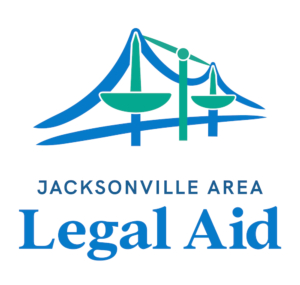
“John” applied for a HVAC technician position that was advertised online. Within hours of submitting his application, he was having a phone interview, after which he was invited, along with over 200 applicants, to attend a group interview.
Out of this group, John was one of eight people selected for the new hire orientation. At this orientation the company described the position as having potential earnings of over $100,000 a year.
John felt extremely fortunate, having been applying for jobs without success for some time. He was not alarmed when the company asked him and the other new hires to sign several agreements, including an employee training and employment agreement, a non-compete agreement, and a promissory note.
The company rush the eight new hires through the paperwork, giving them no opportunity to read or review the agreements.
When John asked for time to do so, he was assured that the agreements were merely a formality with little to no legal consequence, so he signed them and then boarded a plane 48 hours later headed to Little Rock, Ark., to attend an eight-week training course.
During the first week of training John and several other new hires overheard a conversation between the trainers where a comment was made as to how the company had intentionally “oversold” the earnings of the HVAC job, and that these new hires would be lucky to earn a third of what they had been told.
With that information, John emailed and texted the company’s owner to say he was no longer interested in working for the company and would be returning home to Jacksonville at the end of this first training week.
When the owner did not respond, John rented a car and drove over 850 miles home. Weeks later John received a letter from a lawyer representing the HVAC company, who accused John of having been terminated by the company.
The letter demanded the full amount owed under the promissory note, which was $25,000. Having no way of paying that amount, John contacted JALA, where attorney Edith Jones took the case.
Although Jones held the opinion that the signed promissory note created a liability for John, nonetheless, she responded to the lawyer with, among other claims, an intentional misrepresentation argument, rendering the agreements unenforceable.
For the sake of resolving the dispute, JALA offered to have John reimburse the company for his one-way airline ticket, the ten nights of hotel lodgings, and six days of training, totaling $2,700. The lawyer’s response was that the company would be seeking to recover the full amount owed under the promissory note.
However, months later, and after having received no further communication from the company’s lawyer, one of the new hires who attended the orientation with John forwarded him a letter from the company that stated its intent to abandon efforts to enforce the agreements that were signed by those who attended the orientation.
While thanking JALA for all it did on his behalf, at the same time John admitted that this was a lesson learned as to signing agreements without reading them.



